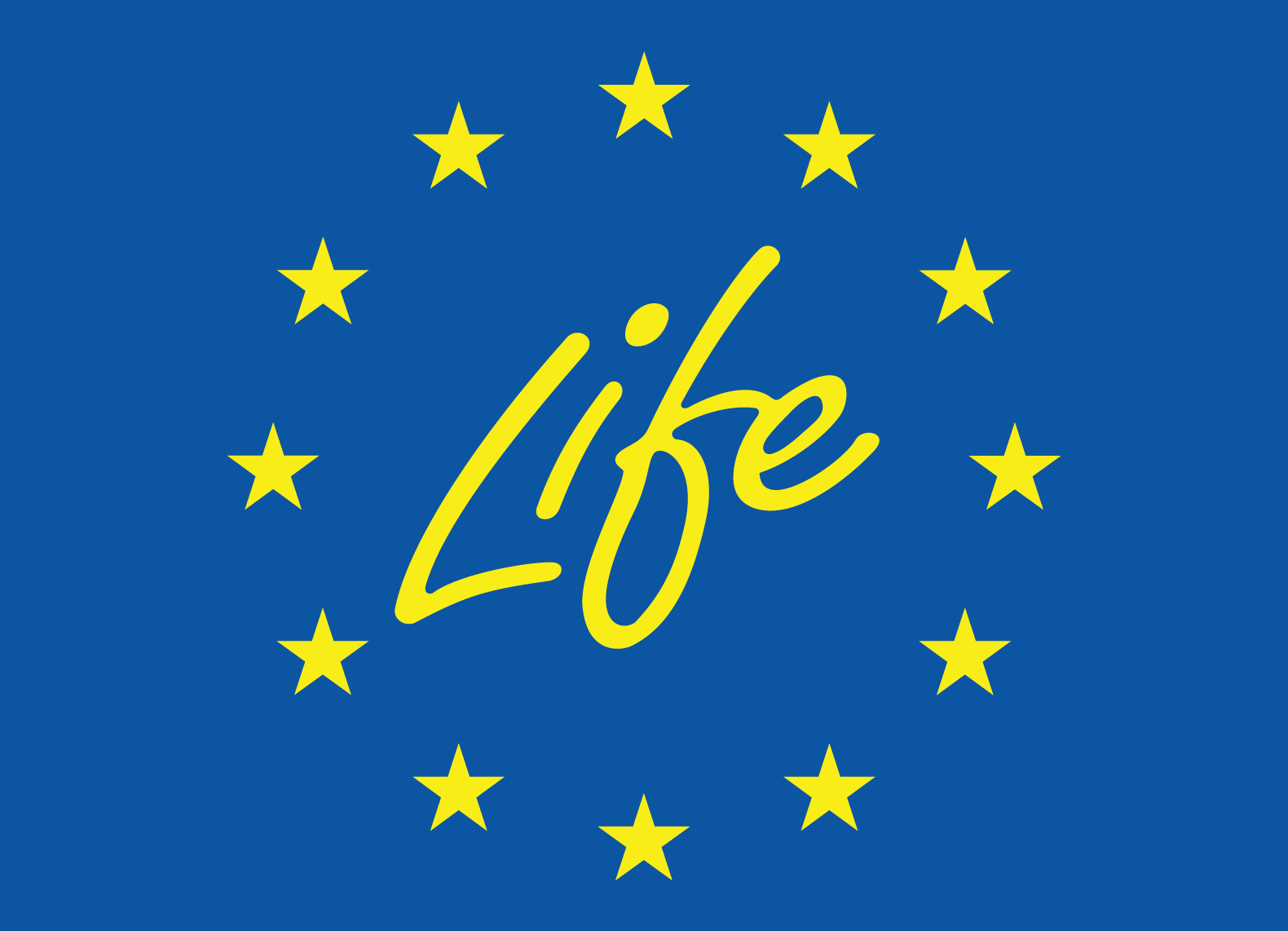Nature restoration in jeopardy – Member States’ Environment Ministers endanger another EU law
After reaching a trilogue agreement on the Nature Restoration Law last November, adoption of a piece of European Union legislation by the Parliament and Council should be a rubber stamp. Not so with the Nature Restoration Law.
Sabotaging nature restoration…
In June 2022, the European Commission presented two important pieces of legislation – its legislative texts for an EU-wide Nature Restoration Law (NRL) and its Sustainable Use of Pesticides Regulation (SUR).
Both pieces of legislation would improve the health of farmers, consumers, and our environment. However, Member States and the agrochemical industry were quick to use Russia’s invasion of Ukraine to sow fear about food security to keep the status quo and get rid of environmental ambitions – first successfully focusing their efforts on the SUR and now continuing with the NRL.
Doubling down on their efforts in run-up of the European Parliament’s Plenary on 27 February 2024, the Parliament’s right-wing groups again called for a vote against the much-needed nature restoration legislation, echoed by the centre-right European People’s Party. Nevertheless, a majority of the Members of the European Parliament voted in favour of the NRL compromise text (the result of negotiations between the Parliament and the Council of the European Union).
On 25 March it should have been the turn of the Members States’ Environment Ministers to adopt the agreement in the Council. However, an unexpected change in Hungary’s position means that there was no majority. This means that EU’s Member States blocked the adoption of an important and already negotiated piece of legislation.
… while we need to a resilient ecosystem
For the organic movement the Nature Restoration Law is crucial. A sustainable food system needs a healthy environment to work in and a resilient farming system to provide long-term food security.
Organic farming shows that productive farming systems that do not use synthetic pesticides can go hand in hand with biodiversity and ecosystem protection and restoration.
Farmers, nature, and our future should not be taken hostage by politicians playing at culture wars and undermining the democratic decision-making process. We call on the Council and its Belgian Presidency to break the deadlock and ensure the EU adopts the Nature Restoration Law!
For more information on the Nature Restoration Lawand IFOAM Organics Europe’s work on this issue:
- Get a visual overview of organic’s many benefits for climate and biodiversity in our infographic,
- Read our document on organic’s benefits for climate and biodiversity, and
- Check out our infographics on soil and biodiversity & climate change.
Could not find what you were looking for? Visit our website or contact [email protected]. Do note that we prioritise our members’ requests.
We invite our members to translate our materials and the infographic Organic’s many benefits for climate and biodiversity. The source materials for this are available on our member extranet > hot topics > Water, soil & biodiversity. For information about what you can gain from being a member, read our membership page and contact [email protected].

The work of IFOAM Organics Europe on this topic is co-financed by the LIFE programme of the European Union, under the Climate, Infrastructure and Environment Executive Agency (CINEA). This page only reflects the views of the authors and its sole responsibility lies with IFOAM Organics Europe. The CINEA is not responsible for any use that may be made of the information provided

